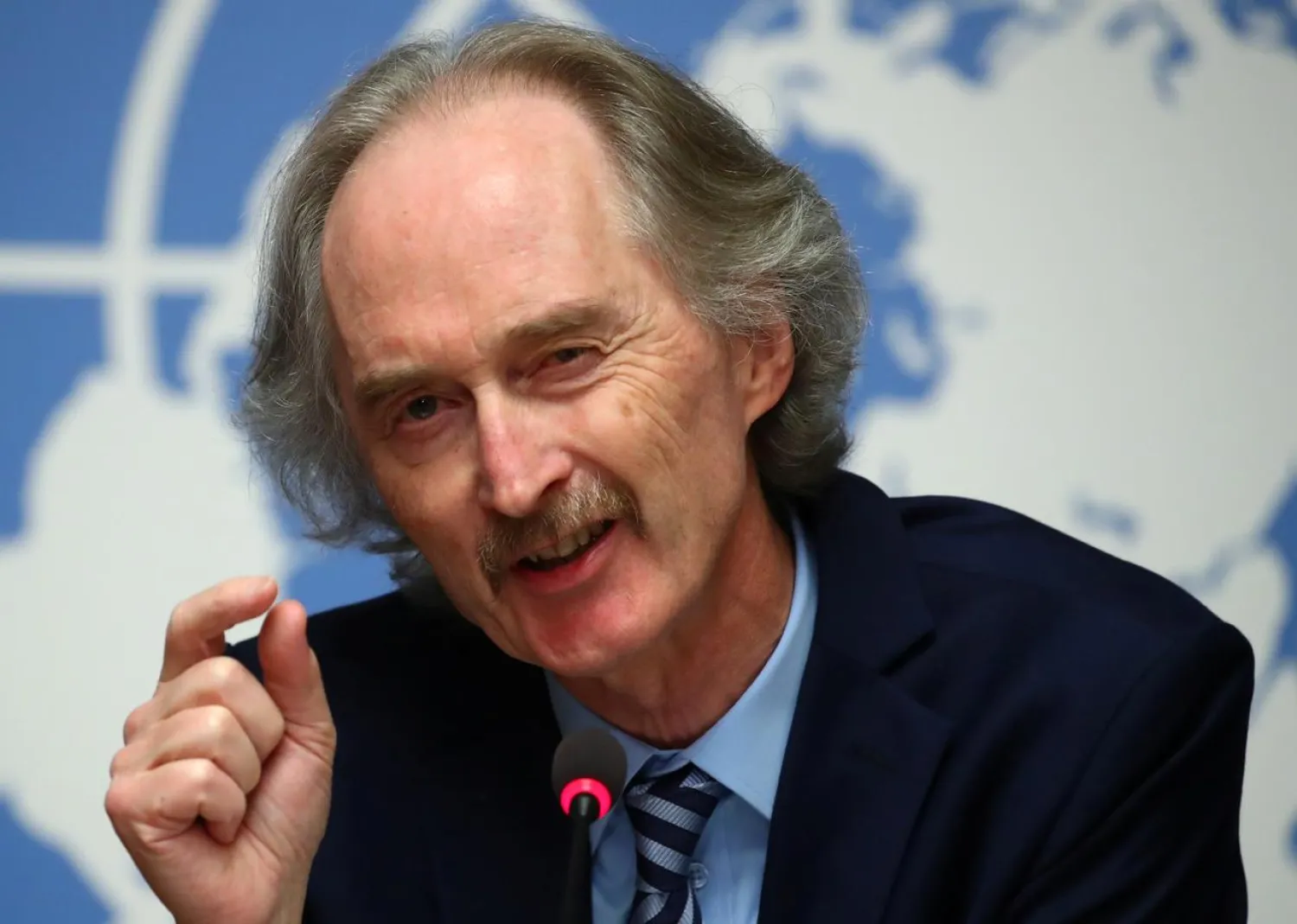The UN special envoy for Syria, Geir Pedersen, has voiced hope that a new meeting aimed at winding down Syria's civil war would take place in November.
Pedersen saw Tuesday “positive elements, beyond constitutional reform, towards building a wider process, including a view by some key stakeholders that the military phase of the conflict is ending, with a renewed focus on the political process.”
He told a virtual UN Security Council meeting that new talks aimed at revisions to Syria's constitution would not happen as planned this month.
"We have no agreement yet," he said. "But assuming full agreement is confirmed, the plan would be to reconvene sometime in November.”
“Front lines have not shifted in around eight months. And the number of civilians killed in recent months has, according to monitoring groups, been at (its) lowest levels since 2011,” he observed.
He reiterated that a political deal to implement Security Council Resolution 2254 is the way to restore Syria’s sovereignty, independence and territorial integrity and meet the legitimate aspirations of all Syrians.
The culmination of a political process would be free and fair elections, pursuant to a new constitution, administered under United Nations supervision, to the highest international standards, with all Syrians including those in the diaspora, eligible to participate, he stressed.
Also briefing the Council was Mark Lowcock, Under Secretary General for Humanitarian Affairs and Emergency Relief Coordinator, who warned that the scale of the COVID 19 outbreak in Syria is likely to be far greater than the 13,500 cases confirmed thus far.
Aid agencies plan to reach 3.1 million people across the country to help people survive the winter, he said.
Richard Mills, the US deputy representative to the UN, said the lack of progress by the Constitutional Committee is unacceptable, adding that the Syrian regime has stymied its work by refusing to agree to an agenda or a date for any future meeting.
“It is time now to tell the Assad regime that enough is enough,” he added.









